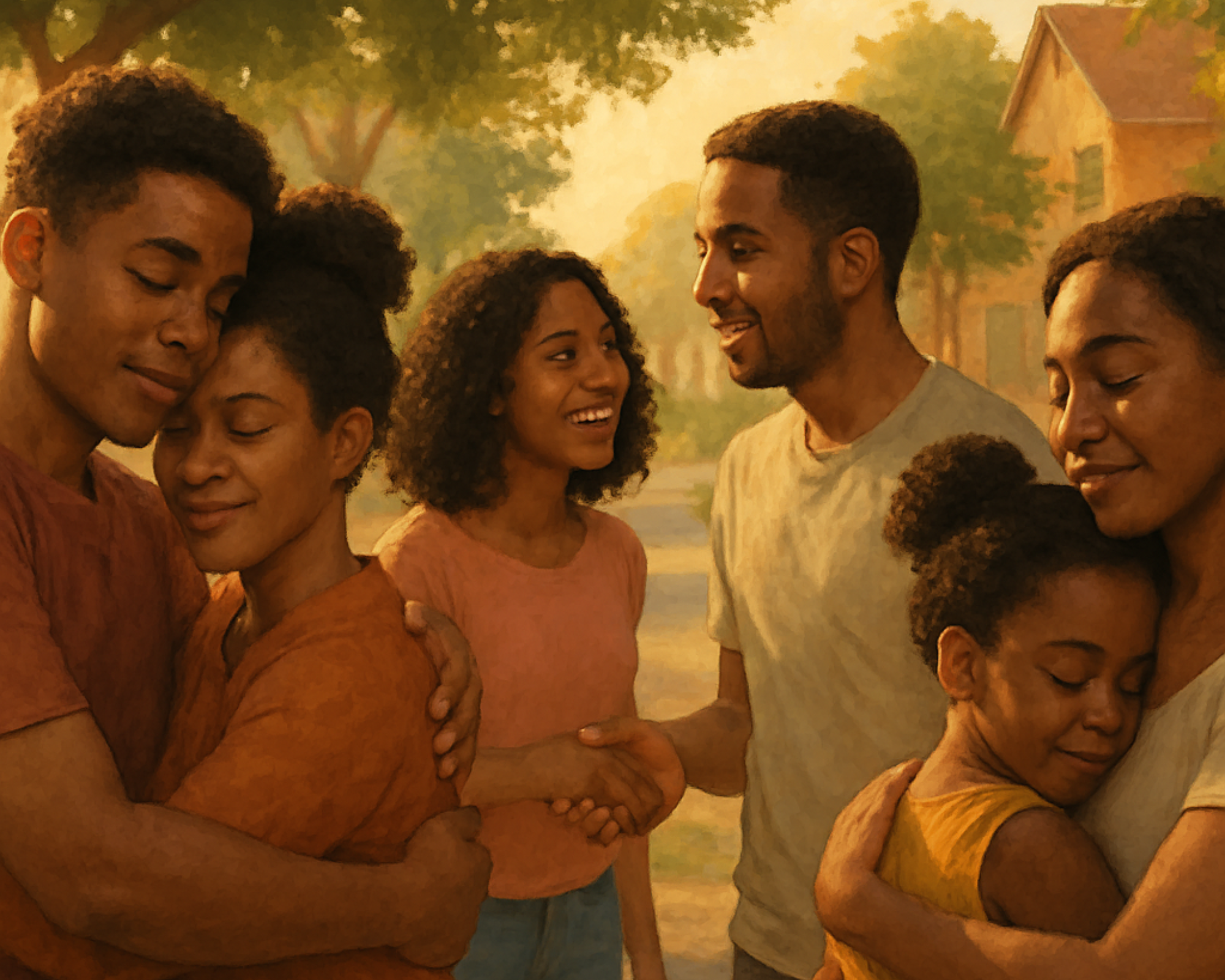
Breaking the Silence - Navigating PTSD in the Black Community
Imagine carrying an invisible yet heavyweight that shapes your every day. This feeling is the reality for many in the Black community dealing with Post-Traumatic Stress Disorder (PTSD). It's an unseen storm, often overshadowing the powerful stories of strength and survival we celebrate. Mental health, despite its complexities, rarely takes center stage in our discussions. It's time to change that. Let's delve into the unspoken struggles, the hidden battles with trauma and stress, and their silent impact on lives.
Hey, Let's Talk: This Isn't a Diagnosis
First off, I'm not here to diagnose anyone. This piece is about starting a conversation and raising awareness of mental health issues. Remember, diagnosing and treating mental health is for the professionals — the licensed healthcare experts. If any of this hits home for you or someone you know, reaching out to those professionals is key.
What's the Deal with PTSD?
So, what is PTSD exactly? Think of it as your brain being stuck on a loop, replaying the worst moments long after they've ended. PTSD is a complex mix — intrusive memories, night terrors, flashbacks, emotional numbness, or being constantly on edge. It's a tricky, multifaceted condition that affects people differently.
PTSD in Our Neighborhoods
Discussing PTSD in the Black community means addressing layers of deep-seated wounds from both past and present — slavery, segregation, ongoing racism, and more. These experiences accumulate, making PTSD more prevalent than is often recognized. The stigma around mental health discussions in our community means much of this remains hidden.
When Work Becomes Too Much
Consider the workplace: a battlefield of PTSD triggers for many Black individuals. It's not just about deadlines but also about enduring subtle and overt racism, such as microaggressions and discrimination. These are not mere bad days but ongoing challenges that can profoundly affect mental health.
Acknowledging PTSD and Finding the Triggers
Understanding PTSD begins with recognizing its signs — flashbacks, avoidance, mood swings, and constant alertness. Identifying what triggers these responses is essential for managing your daily life.
How to Get Help
Addressing mental health is a collective effort. Here are some practical steps to begin:
- Talk About It: Often, healing starts with a conversation. Find a trusted individual and open up.
- Professional Help: Seek therapists or counselors who can connect with PTSD's significance in the Black community.
- Knowledge is Power: Educating yourself about PTSD and mental health is crucial for self-care and helping others.
- Self-Care Matters: Remember self-care practices like mindfulness, meditation, exercise, and healthy eating, which can significantly aid your mental well-being. Wrapping It Up
Navigating PTSD, especially within our communities, is like revealing a long-concealed story. It's a tale of resilience amid silent battles. By being open, seeking appropriate help, and fostering community support, we can transform silent struggles into stories of healing and strength. Let's continue to weave new narratives of understanding, acknowledgment, and proactive support, enhancing our collective resilience and hope.
"As we journey together, let us affirm: "In unity, we find strength; in sharing, we find healing."







